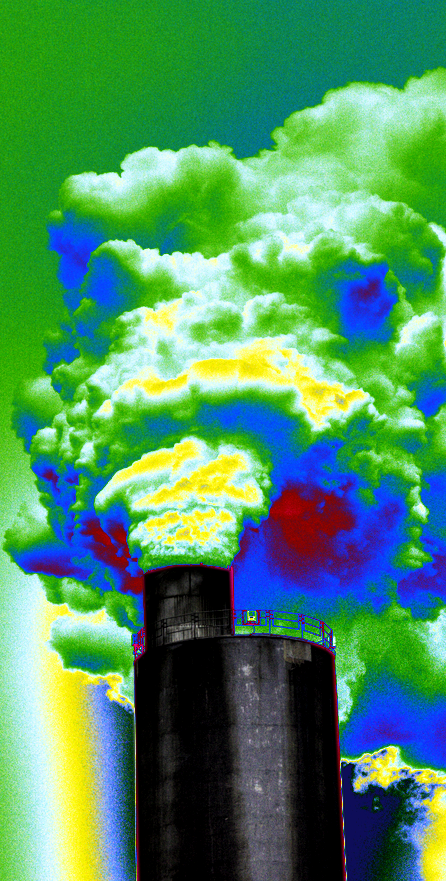Figueres says coal being eclipsed
 Coal-fired power is having its “Kodak moment”, according to Christiana Figueres.
Coal-fired power is having its “Kodak moment”, according to Christiana Figueres.
The woman who led the world to the Paris Agreement says coal as a power source is being eclipsed by cheap and clean renewable systems.
She likened it to the destruction of the once-dominant photographic company Kodak by digital change.
Ms Figueres, who was executive director of the United Nations Framework Convention on Climate Change until last year, says the world should respect the contribution fossil fuels have made to human development, but recognise the need to retire them.
“The fact is that we are already seeing the decline of coal, we are seeing more and more countries phasing out of coal,” Ms Figueres told the ABC.
“We just had 25 countries come together [at the latest international climate change talks] in Bonn to say that they are moving out of coal in the short term.
“That does not include Australia or India or China, but you can begin to see the trend.
“India is headed for peaking its coal consumption by the year 2027.”
But she said Australia appeared to be going the other way, with the Federal Government still considering granting a $1 billion loan for a railway to connect the proposed Carmichael mine in outback Queensland to the Abbot Point Coal Mine near Mackay, which is owned by Adani.
The Northern Australia Infrastructure Facility (NAIF) funding pool from which the loan would come is bound by rules that prevent it from backing projects that would damage Australia's international reputation.
Ms Figueres has written to the NAIF to point out that putting up the money for a project that would significantly add to greenhouse gas emissions would seriously harm the nation’s image.
“I wrote to NAIF because I am very concerned about the fact that NAIF could still be considering giving a concessional loan to the Adani Group to allow them to extract profitably from the Carmichael coal mine and transport that coal all the way to the Abbot Point Coal Terminal,” Ms Figueres said.
“First of all, it has huge environmental impacts. The more coal we burn, the further away we are going to be from the targets established in the Paris agreement [to keep atmospheric temperature rises well below 2 degrees above pre-industrial levels].
“But also, the more coal we burn around the world, independently of where it is going to be burned, the more negatively we are affecting public health.
“Now we have this issue of the Carmichael coal mine which, if it goes ahead, would frankly blow completely out of the water any emissions reductions that Australia has committed to.
“Admittedly, those emissions from that coal will not be on Australian territory but they will affect the atmosphere and directly affect the livelihoods and the survival of Pacific islands around Australia.
“You really call into question then Australia's reputation, its international standing, its international relationships, with Pacific islands and other nations. It is fundamentally not in Australia's interests.”







 Print
Print